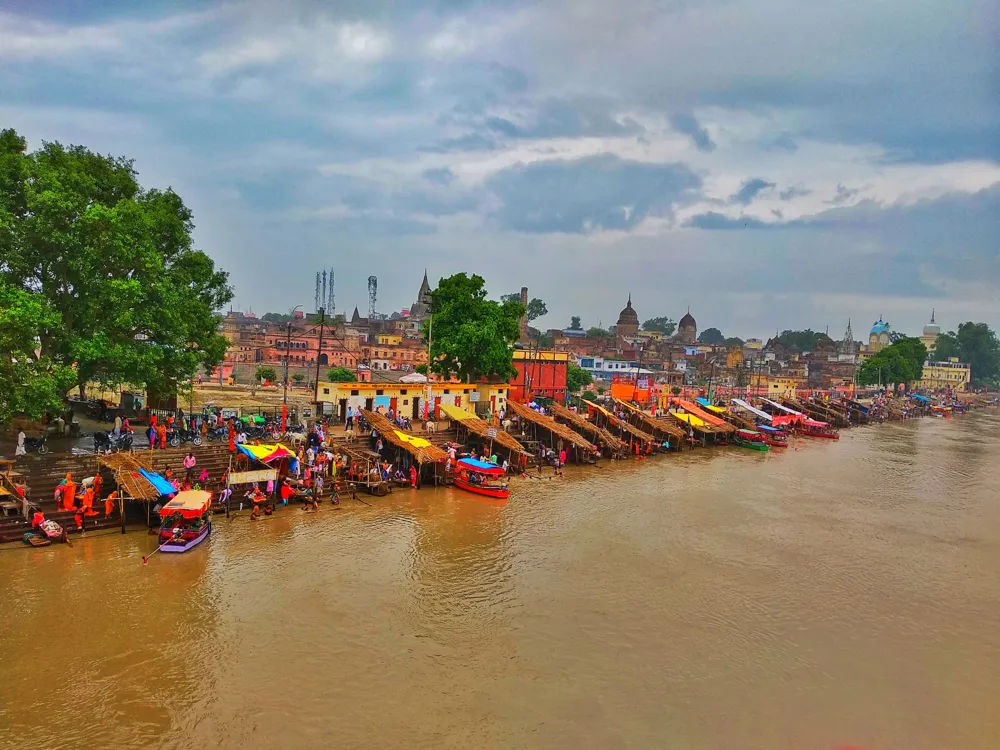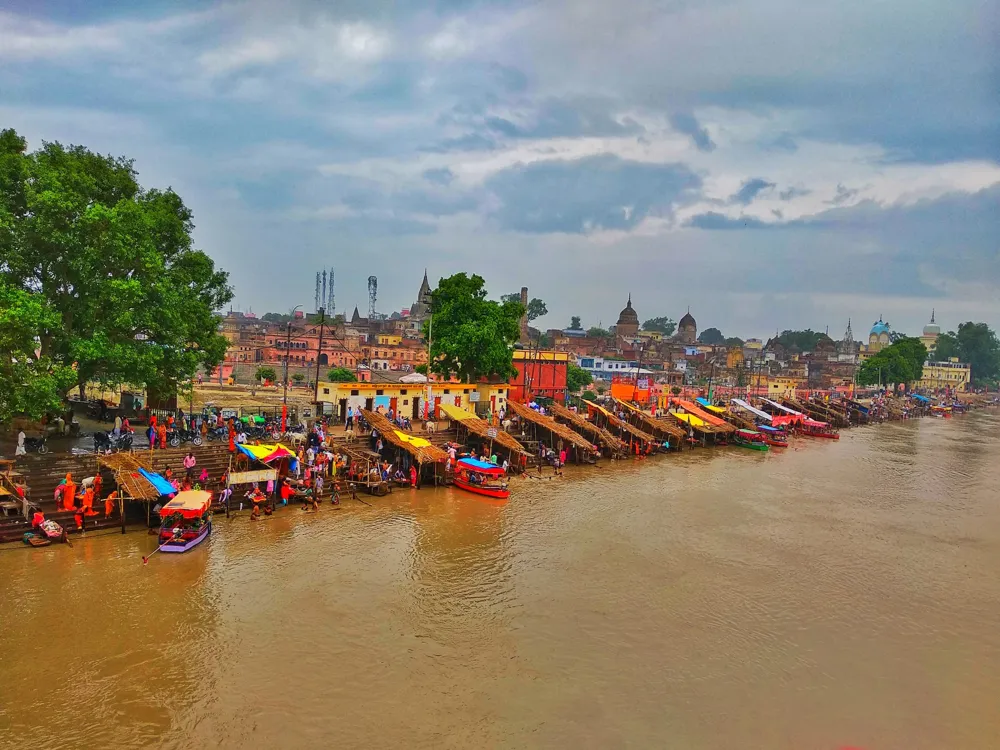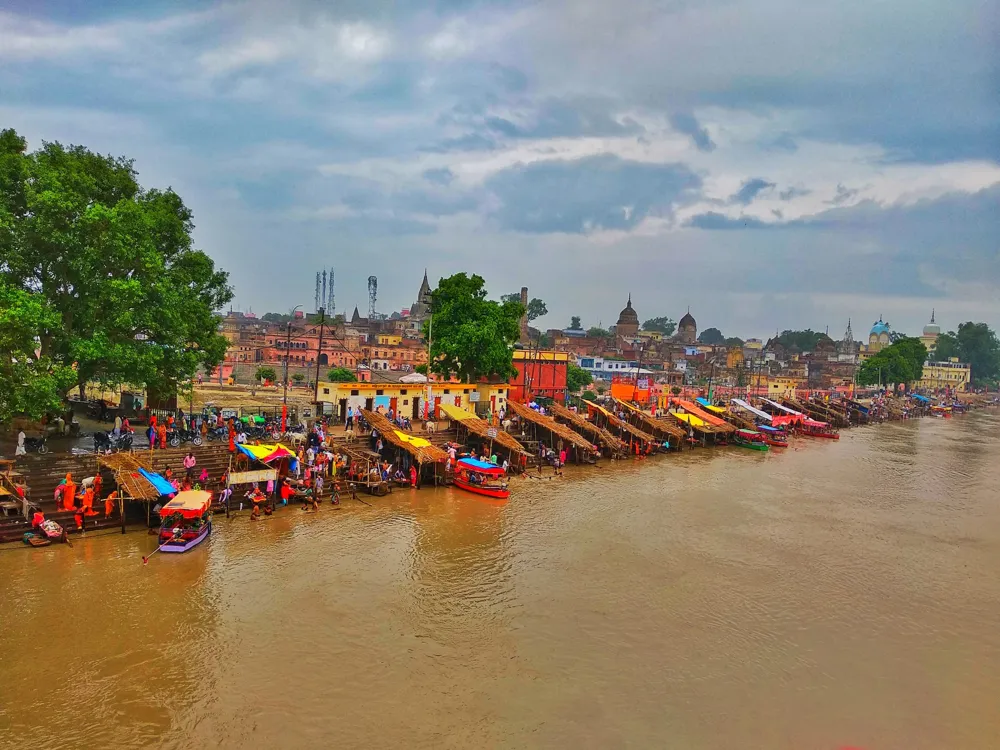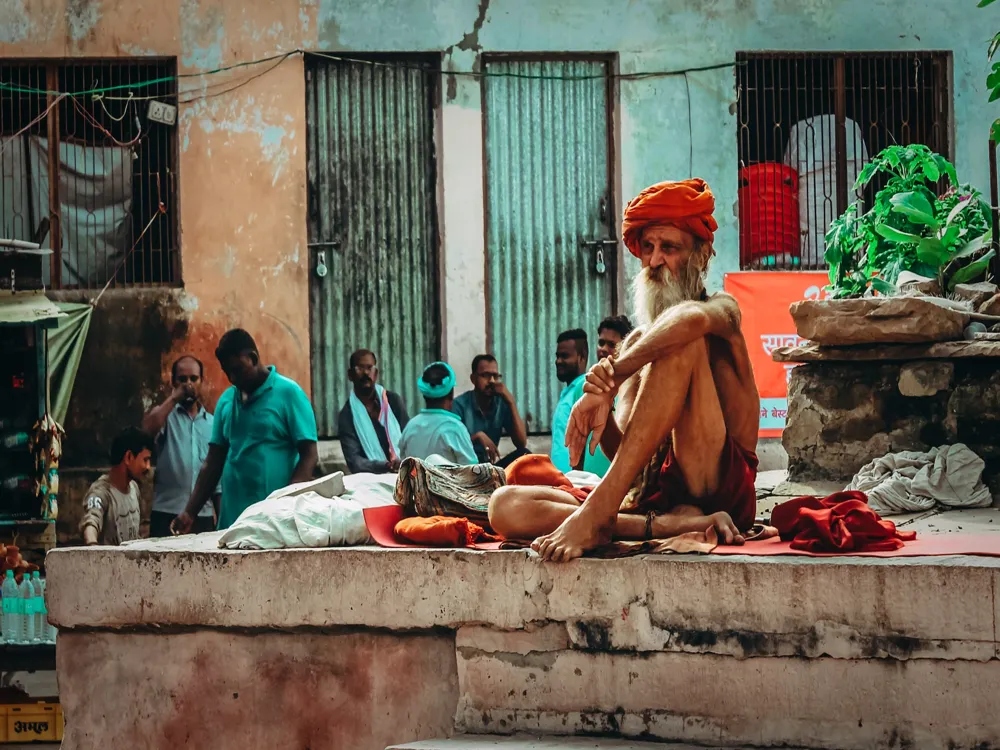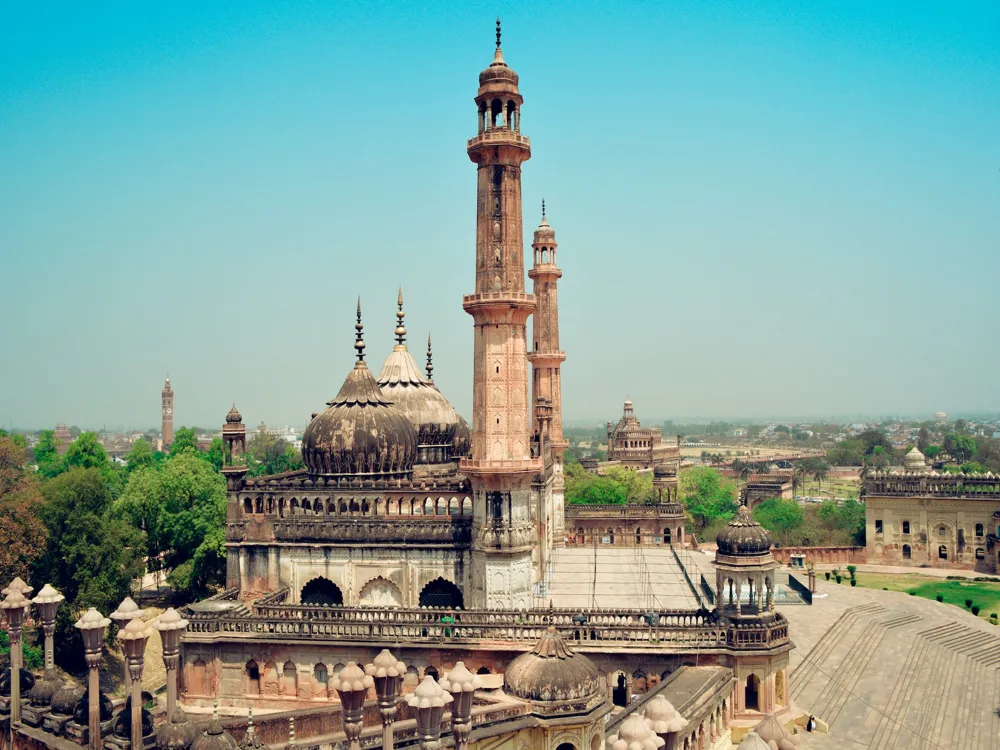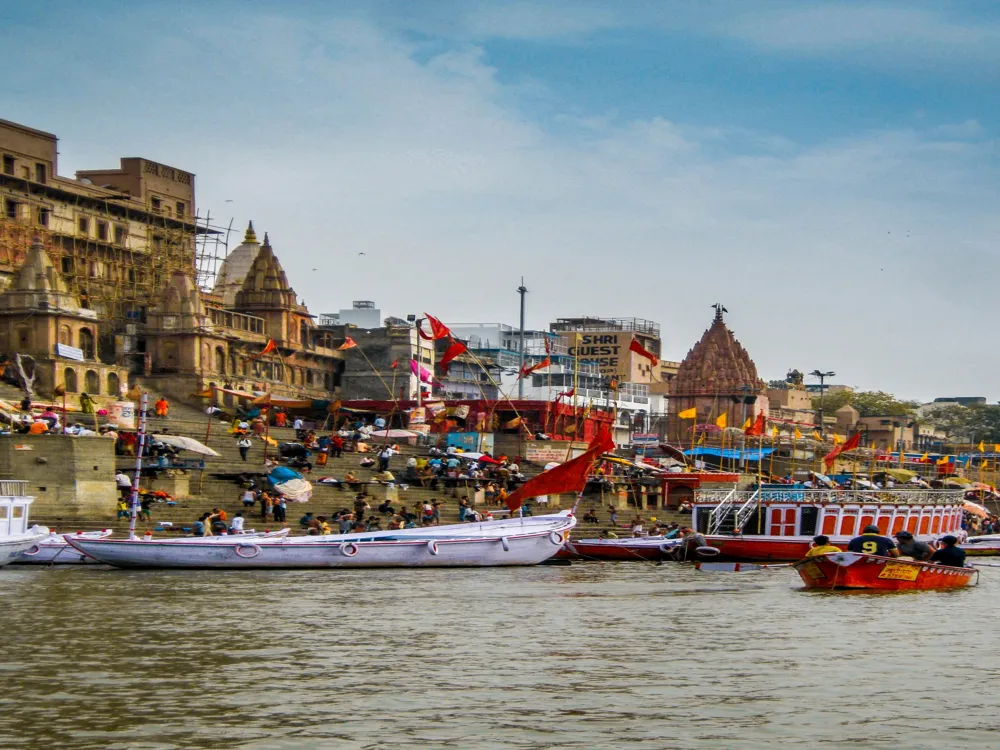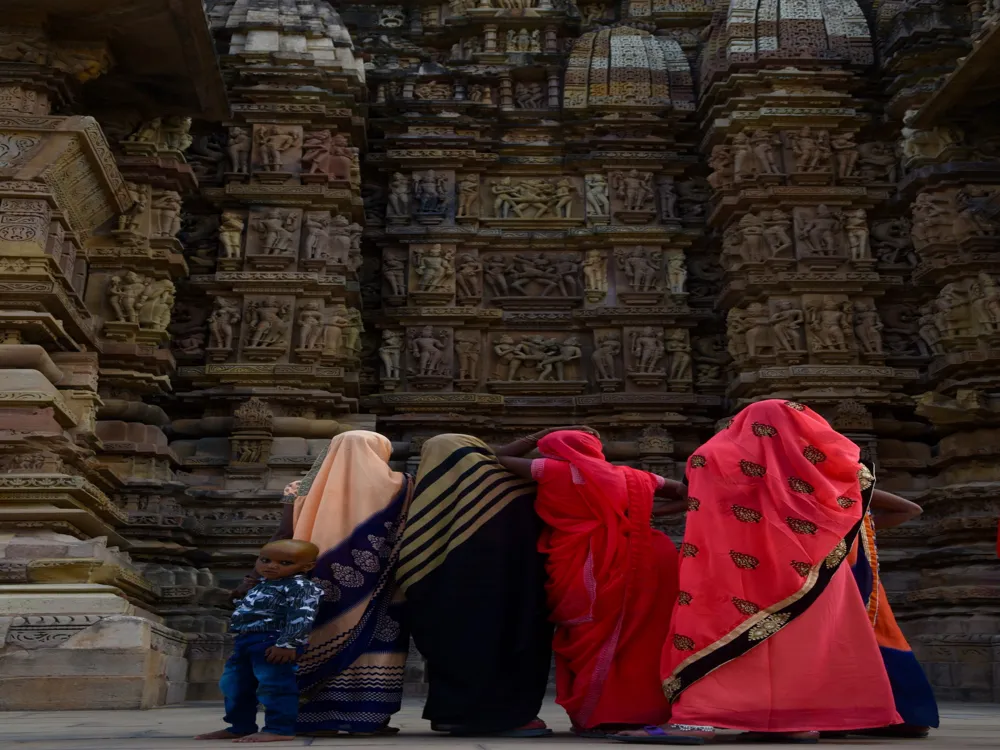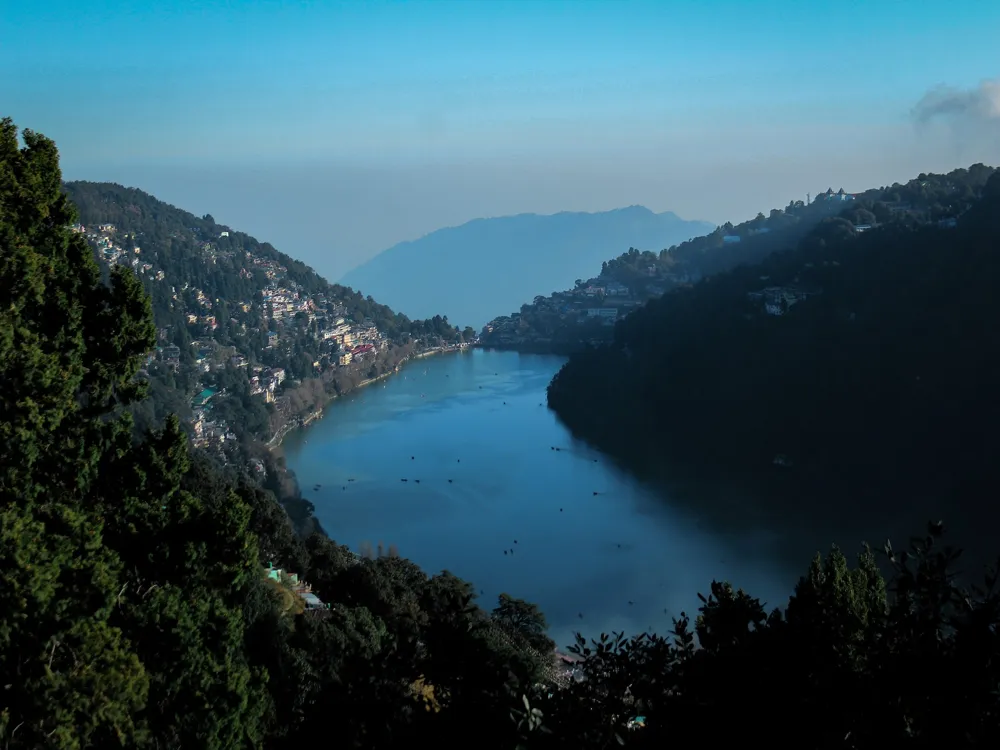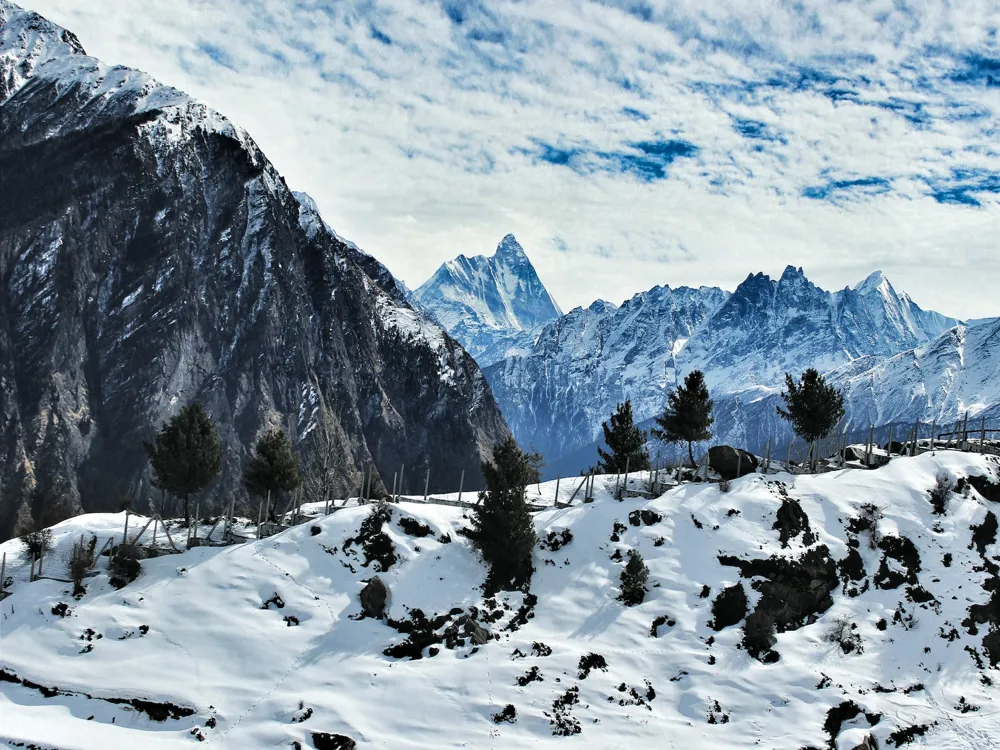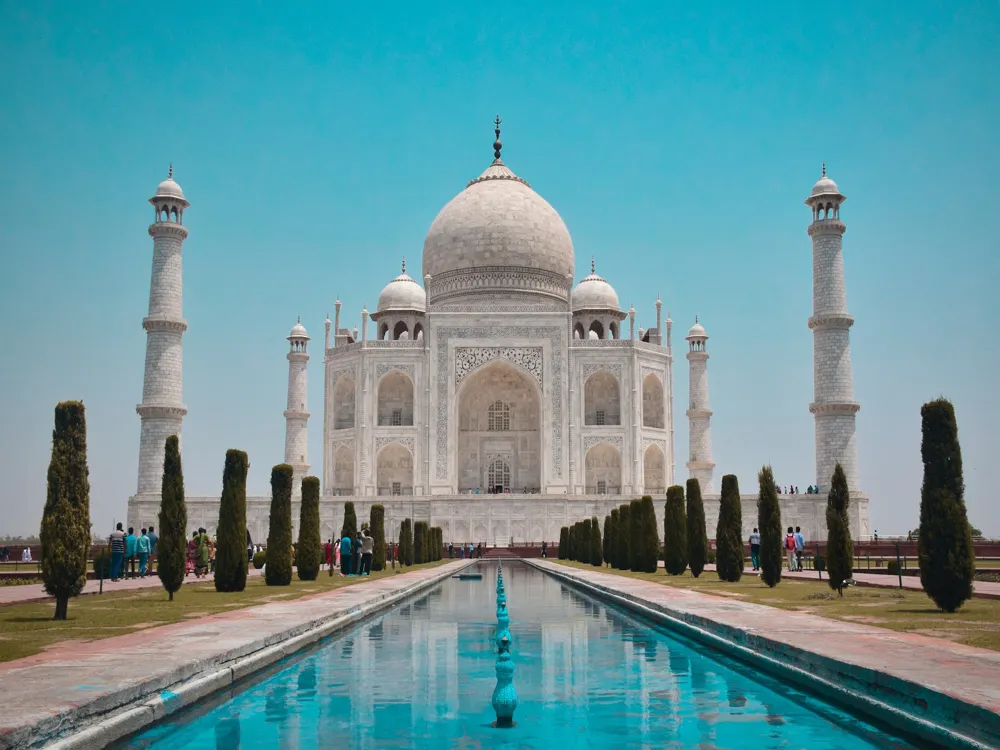Mani Parbat, a significant objective and artistic corner, stands proudly in the vibrant megacity of Ayodhya, Uttar Pradesh. This ancient mound, steeped in tradition and history, offers a panoramic view of the entire megacity, making it a must-visit destination for trippers and addicts alike. The point, shrouded in legends, is believed to be a part of the mountain that Lord Hanuman carried from the Himalayas to Lanka during the grand Ramayana. The armature of Mani Parbat is a testament to the different artistic influences that have shaped Ayodhya over the centuries. The point features a blend of architectural styles, reflecting the colorful dynasties that have ruled the region. At the heart of Mani Parbat are ancient Buddhist stupas and remnants of Jain tabernacles, pointing to the area's literal significance as a religious center for multiple faiths. The ideal time to visit Mani Parbat is between October and March, when the rainfall is affable, avoiding the extreme heat of summer and the thunderstorm season. Callers should dress modestly and remove footwear before entering sacred areas. It's also important to maintain form and avoid loud noises as a sign of respect for the religious significance of the point. While Mani Parbat is accessible by foot, some areas might be challenging for those with mobility issues. introductory installations, like restrooms and small beaneries, are available. Reaching Mani Parbat in Ayodhya is fairly straightforward. The nearest airport is in Lucknow, about 135 kilometers away. From Lucknow, one can take a hack or machine to Ayodhya. Ayodhya is also well connected by train, with its own road station that links to major metropolises. formerly in Ayodhya, Mani Parbat is easily accessible by original transport like autorickshaws and cyclerickshaws. The point's central position within the megacity makes it an easy addition to any trip diary. READ MORE:-Overview of Mani Parbat in Ayodhya, Uttar Pradesh
The history of Mani Parbat is deeply intertwined with the religious and artistic fabric of Ayodhya, one of Hinduism's seven sacred metropolises. Archaeological findings suggest that the point dates back to the first Renaissance BCE, indicating its long-standing significance. The Parbat isn't just a relic of history but a living testament to the enduring heritage of India's rich artistic and mythological heritage.
Callers to Mani Parbat are incontinently struck by its serene air, which contrasts with the bustling thoroughfares of Ayodhya. The mound, roughly 65 bases high, provides a unique edge point. From its peak, one can witness the stirring beauty of the megacity, with its multitudinous tabernacles and ghats lining the Sarayu River. This idyllic setting makes Mani Parbat a popular spot for contemplation and reflection, drawing both pilgrims and tourists.Architecture of Mani Parbat
The Buddhist stupas, believed to have been constructed around the 3rd century BCE, showcase the typical mound-like structure adorned with intricate busts and motifs. These stupas are significant as they represent the early phase of Buddhist architecture in India. Also, the Jain tabernacles, though substantially intact, display the characteristic features of Jain architectural design, with detailed busts and a focus on harmony and figure.
In addition to the religious structures, Mani Parbat is girdled by a series of bastions. These stronghold walls, believed to have been erected during the medieval period, add a protective character to the point. The mix of religious and military armature at Mani Parbat offers a unique regard to the literal elaboration of erecting styles and ways in Northern India.Tips for Visiting Mani Parbat
Best Time to Visit
Respecting Local Customs
Accessibility and Facilities
How To Reach Mani Parbat
Mani Parbat
Ayodhya
Uttar Pradesh
₹ 9,500 onwards
View ayodhya Packages
Weather :
Tags : Temple
Timings : Sunrise - Sunset
Time Required : 1 - 2 hrs
Entry Fee : Free
Planning a Trip? Ask Your Question
Ayodhya Travel Packages
View All Packages For Ayodhya
Top Hotel Collections for Ayodhya

Private Pool

Luxury Hotels

5-Star Hotels

Pet Friendly
Top Hotels Near Ayodhya
Other Top Ranking Places In Ayodhya
View All Places To Visit In ayodhya
View ayodhya Packages
Weather :
Tags : Temple
Timings : Sunrise - Sunset
Time Required : 1 - 2 hrs
Entry Fee : Free
Planning a Trip? Ask Your Question
Ayodhya Travel Packages
View All Packages For Ayodhya
Top Hotel Collections for Ayodhya

Private Pool

Luxury Hotels

5-Star Hotels

Pet Friendly







